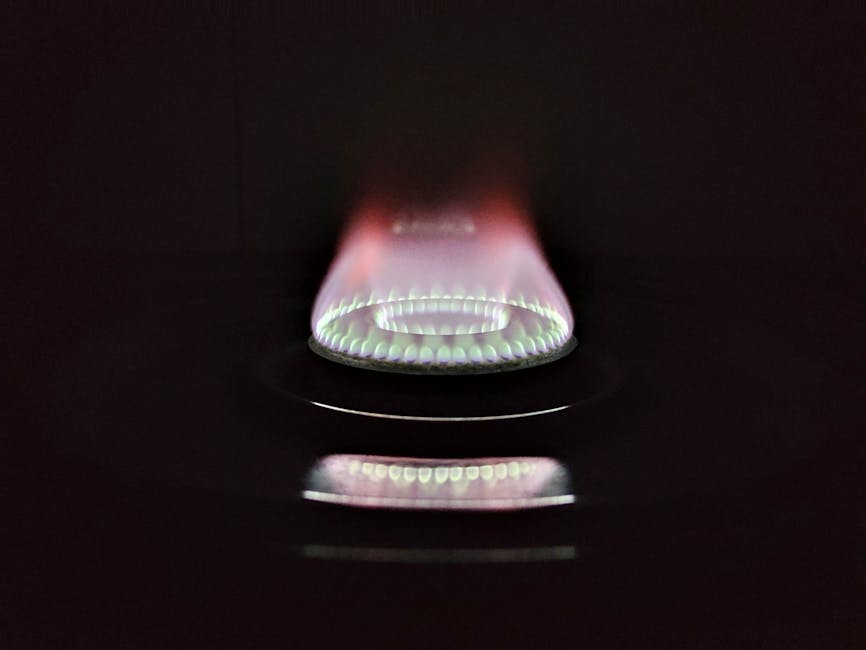Fuel Efficiency Tips for Drivers
In today’s world, where environmental concerns are at the forefront of global discussions, being mindful of fuel efficiency is not only beneficial for your wallet but also for the planet. As drivers, there are simple yet effective ways to maximize fuel efficiency, reduce emissions, and ultimately contribute to a greener future. In this comprehensive guide, we will delve into various fuel efficiency tips for drivers, exploring practical strategies, debunking myths, and shedding light on the importance of conscious driving habits. Whether you’re a seasoned driver or a novice behind the wheel, there’s something for everyone in this informative article.
The Importance of Fuel Efficiency

Before delving into specific tips, it’s crucial to understand why fuel efficiency matters. Every gallon of fuel burned releases carbon dioxide and other greenhouse gases into the atmosphere, contributing to climate change and air pollution. By improving fuel efficiency, drivers can reduce their carbon footprint, save money on fuel costs, and promote sustainability. It’s a win-win situation for both the individual and the environment.
1. Maintain Your Vehicle

One of the most fundamental ways to enhance fuel efficiency is by keeping your vehicle in optimal condition. Regular maintenance, such as oil changes, tire rotations, and air filter replacements, can significantly improve your car’s performance. Properly inflated tires reduce rolling resistance, while a clean air filter ensures efficient combustion. By following the manufacturer’s recommended maintenance schedule, you can maximize fuel economy and prolong the lifespan of your vehicle.
2. Drive Smart

Your driving habits play a significant role in fuel efficiency. Aggressive driving, such as rapid acceleration and braking, can lower your gas mileage by up to 33% on the highway and 5% in the city. By practicing smooth acceleration and deceleration, maintaining a steady speed, and avoiding unnecessary idling, you can save fuel and reduce emissions. Additionally, using cruise control on the highway can help you maintain a consistent speed and improve fuel efficiency.
3. Lighten the Load

The more weight your vehicle carries, the more fuel it consumes. By removing unnecessary items from your car, such as sports equipment, tools, or other heavy objects, you can improve fuel efficiency. Every 100 pounds of extra weight can reduce gas mileage by 1-2%, so it’s essential to declutter your vehicle and only carry essentials. Similarly, rooftop cargo boxes and bike racks create aerodynamic drag, increasing fuel consumption. Consider removing them when not in use to save fuel.
4. Plan Your Trips
Efficient trip planning can help you save fuel and time. By combining multiple errands into one trip, you can avoid unnecessary backtracking and reduce mileage. Using GPS navigation to find the most direct route and avoiding traffic congestion can also improve fuel efficiency. Additionally, carpooling or using public transportation whenever possible can further reduce your carbon footprint. Planning ahead and optimizing your travel can make a significant difference in fuel consumption.
5. Use Fuel-Efficient Vehicles
When purchasing a new vehicle, consider opting for a fuel-efficient model. Vehicles with high fuel economy ratings, such as hybrid cars, electric vehicles, or those with advanced fuel-saving technologies, can help you save money on fuel in the long run. Additionally, eco-friendly cars emit fewer greenhouse gases and pollutants, making them a more sustainable choice for environmentally conscious drivers. Investing in a fuel-efficient vehicle is a proactive step towards reducing your carbon footprint.
Common Misconceptions
Despite the prevalence of fuel efficiency tips, there are several misconceptions that drivers should be aware of. One common myth is that turning off your engine and restarting it consumes more fuel than idling. In reality, idling for more than 10 seconds uses more fuel than restarting the engine. Another misconception is that premium gasoline improves fuel economy in regular vehicles. Unless your vehicle requires premium fuel, using regular gasoline is sufficient and cost-effective.
Conclusion
To wrap things up, fuel efficiency is a critical aspect of responsible driving that benefits both individuals and the environment. By following simple tips such as maintaining your vehicle, driving smart, lightening the load, planning your trips, and using fuel-efficient vehicles, you can reduce fuel consumption, cut emissions, and save money. Small changes in your driving habits can make a significant impact on fuel efficiency and contribute to a sustainable future. Remember, every mile counts when it comes to fuel efficiency!
So, the next time you hit the road, keep these fuel efficiency tips in mind and drive towards a greener, more efficient future.




